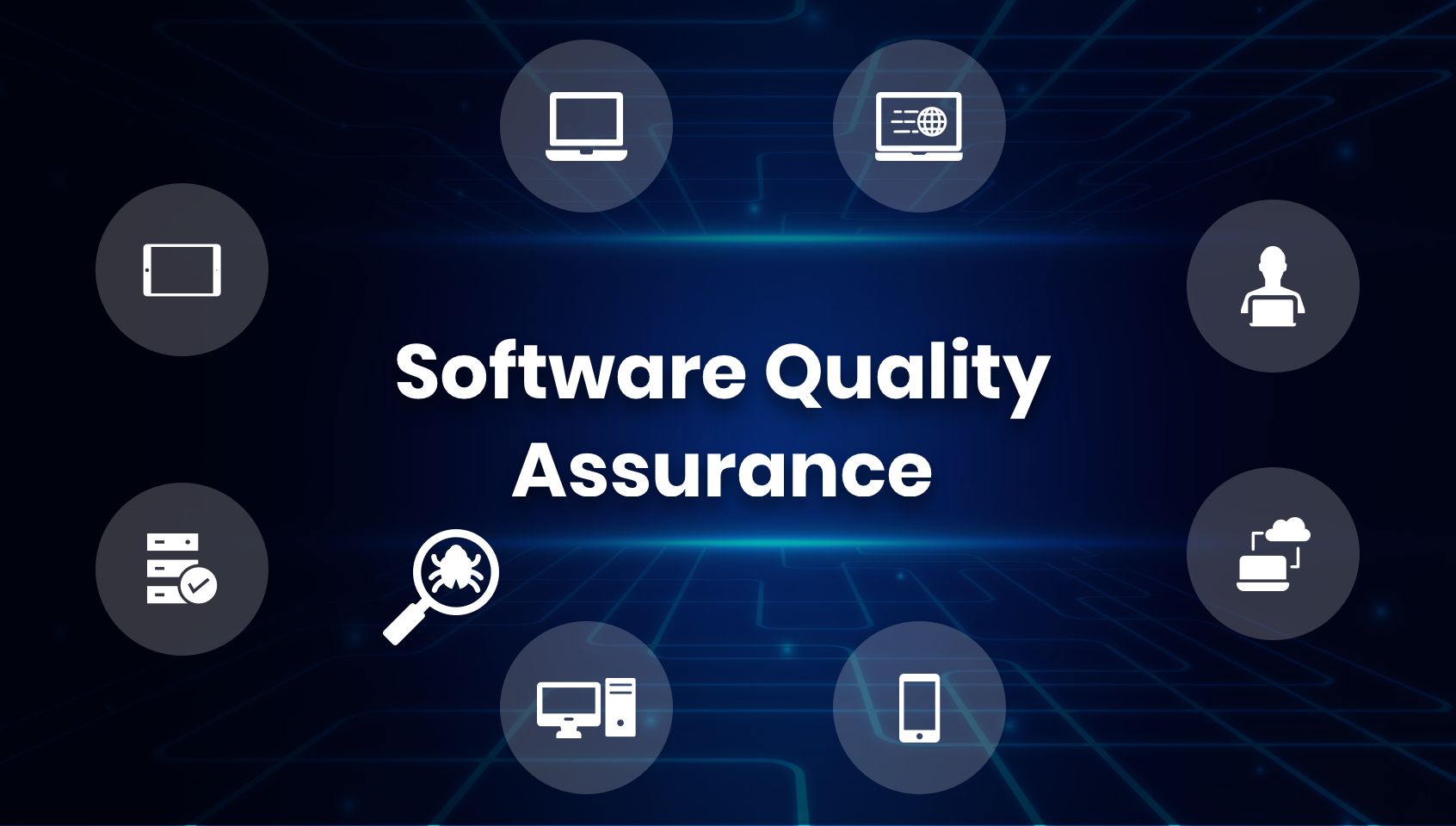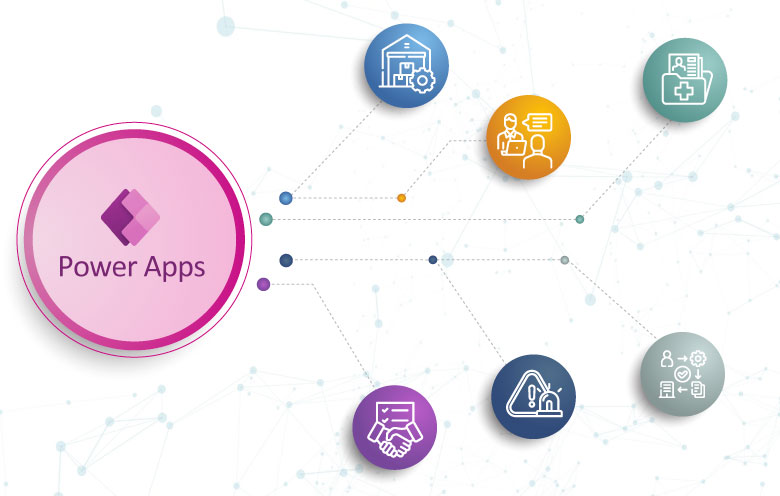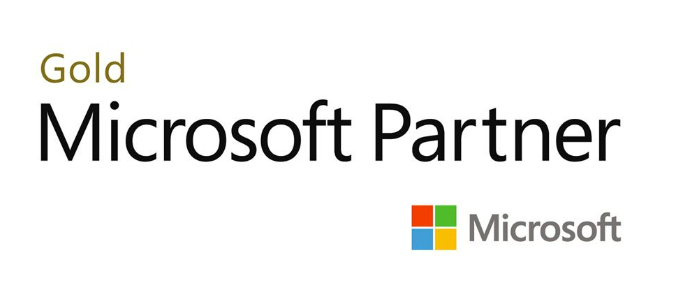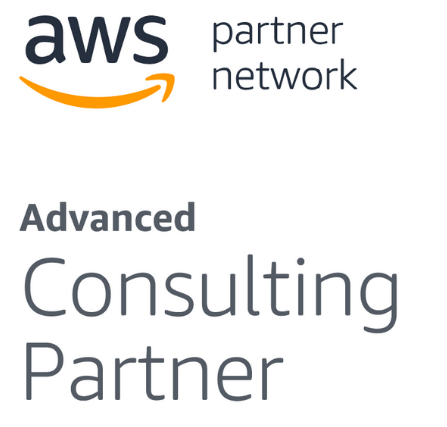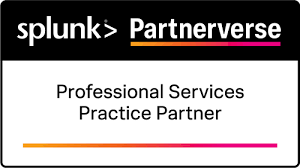Understanding TensorFlow, PyTorch, and AI’s Role in Enterprise Success
Artificial Intelligence (AI) is reshaping the future of industries through automation, data analysis, and machine learning (ML). Two of the most essential frameworks in this space are TensorFlow and PyTorch. These libraries enable developers to build complex AI models that drive innovation and solve enterprise-scale problems.
TensorFlow: Large-Scale Data and Model Deployment
TensorFlow was developed by Google and is known for its efficiency in handling vast amounts of data. It is widely used in tasks such as natural language processing (NLP), computer vision, and predictive analytics, offering a scalable and reliable platform for businesses. One of its greatest strengths is the TensorFlow Extended (TFX), which allows for the automation of the AI model lifecycle—from data ingestion to model deployment, which is crucial for enterprise needs. This framework is often adopted by businesses in healthcare, finance, and retail sectors to enhance productivity and decision-making.
One example of TensorFlow’s impact comes from Andrew Ng, co-founder of Google Brain and one of the pioneers in AI. Ng’s work in deep learning, particularly using frameworks like TensorFlow, has helped businesses automate processes such as image recognition and speech analysis. His teachings emphasize TensorFlow’s role in making AI accessible at the enterprise level.
PyTorch: Flexibility and Fast Iteration
PyTorch, developed by Facebook, stands out for its ease of use and dynamic computation graph, which makes it ideal for research and quick iterations. It is heavily used for tasks involving deep learning, such as reinforcement learning, generative models, and neural networks. This makes PyTorch a favorite for research institutions and enterprises looking to quickly innovate and deploy AI-driven products.

In academia, PyTorch has gained a reputation for its user-friendliness. Yann LeCun, one of the fathers of convolutional neural networks (CNNs) and a key figure in modern AI, often mentions PyTorch’s adaptability in AI research. LeCun’s work, which laid the foundation for image classification and object detection models, was greatly advanced by tools like PyTorch that made experimentation faster and more efficient.
Enterprise Adoption of AI
Enterprises adopt TensorFlow and PyTorch for a variety of reasons, but the primary drivers are scalability, flexibility, and the ability to deploy AI solutions that meet specific business needs. AI models built using these frameworks power applications like recommendation engines, chatbots, and predictive maintenance systems. By incorporating AI, businesses can significantly improve operational efficiency, automate processes, and deliver personalized customer experiences.
Many enterprises use agile methodologies to integrate AI into their operations, allowing for iterative improvements and faster deployment cycles. The concept of AI ethics also plays a key role, ensuring AI models are transparent, unbiased, and secure. Ethical AI is crucial for long-term enterprise adoption, helping build trust and compliance in highly regulated industries like healthcare, finance, and government services.
Case Study: AI-Powered Customer Support Chatbot
A recent example of how MCDNS SARL has applied these tools comes from our work with a global e-commerce client. The client needed an AI-powered chatbot to handle thousands of customer interactions daily. Here’s how our AI engineers used TensorFlow and PyTorch to build and scale a solution:
- Data Preprocessing with TensorFlow: We collected and cleaned thousands of customer interactions, leveraging TensorFlow’s NLP capabilities to analyze and categorize queries.
- Model Training with PyTorch: PyTorch was used to develop deep learning models that allowed the chatbot to understand and process natural language in real-time. PyTorch’s dynamic nature allowed us to iterate quickly, fine-tuning the model with each sprint.
- Agile Development: Our team worked in sprints, constantly testing and improving the model’s performance. This iterative approach allowed us to meet the client’s timeline while ensuring the highest level of accuracy and efficiency in the chatbot’s responses.
- Deployment & Continuous Improvement: Once the model was deployed, the chatbot was integrated with the client’s CRM system. It continuously learned from each interaction, improving its accuracy and expanding its knowledge base over time.
Results: The chatbot reduced customer service response times by 65%, automated over 45% of the client’s daily inquiries, and enhanced customer satisfaction significantly. The scalability of the AI solution also enabled the company to manage growing customer demand without additional staff.
Conclusion: How MCDNS SARL Can Help You Leverage AI
MCDNS SARL’s AI engineering team is at the forefront of AI innovation, combining deep expertise in TensorFlow and PyTorch with agile development and ethical AI practices. We help businesses transform their operations with enterprise-scale AI solutions that deliver measurable results. If your company is ready to take the next step in AI, contact us today to explore how our AI outsourcing services can meet your needs and drive success.



